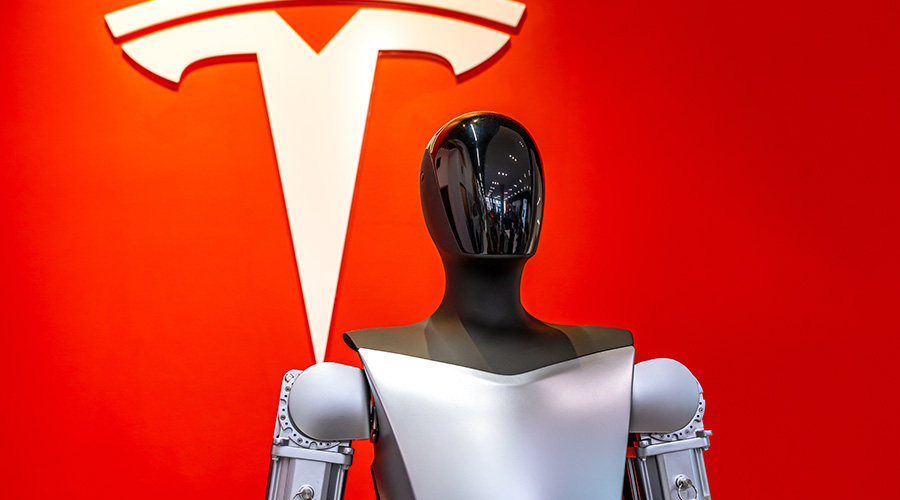Plan Now for an AI-Supported Facility
At IFMA’s World Workplace, artificial intelligence sessions and solutions were a featured topic.
By Valerie Dennis Craven, Contributing Writer
Artificial intelligence (AI) is being talked about in all corners of the physical and digital world, and IFMA’s World Workplace 2025 provided facilities managers with space to gather and continue the conversation.
From AI and technology as spotlight sessions by IFMA, to conversations between attendees throughout the show, and multiple vendors highlighting their AI-powered and -driven products and solutions, the technology was an ever-present guest at the September show in Minneapolis.
While platforms and tools were showcasing what is possible, success with AI depends on robust data from which it can learn.
“AI is a digital tool; if you can’t digitize the data so it’s interpretable, an analog world can’t talk to a digital world,” says David Auton, vice president, C+W Services Engineering & Maintenance Service Excellence.
Once the AI system has a foundation, history and understanding, then it can move forward to predict problems, automate tasks and support the facility.
Collect and process your data
While AI garners high interest among managers, and options to integrate are plentiful, it’s still early in the evolution curve, explains Ali Mohammed, senior director, Engineering and Maintenance Service Excellence, with C+W Services. “We really haven’t figured out what it should or could be doing. It’s figuring out what it is and what can be utilized.”
Mohammed cautions jumping into applying AI too soon, and he advises that managers make sure raw information is processed properly where data becomes information that can be applied to knowledge and then action, prior to implementing an AI solution. Managers should consider all data sources and, if they haven’t started, gather it to begin the process. Mohammed recommends looking into data from:
- Sensor monitoring
- Building automation systems
- Equipment
- Manual, paper-based or handwritten sources
The conversation at World Workplace wasn’t if facilities managers should utilize AI, it was understanding where to start. Andres Avalos, chief product officer of workplace management software for OfficeSpace, said the most common question he gets is facilities managers asking where they should begin and how they can use AI. His answer: Data.
“Their data is their No. 1 source of truth,” he says. Avalos recommends starting with specific challenges or questions that need to be addressed or the highest priority issues on a day-to-day basis.
“Applying AI is usually around cost optimization or hybrid work adaptation, or enhancing the employee experience,” he says. “Those are the motivators that drive a lot of the key challenges that facility managers have, and the reason why they need data and AI to help them address them.”
AI use cases starting to emerge
Some use cases are bubbling up to where the technology can be applied that makes the work of a facility manager more manageable and supports an enhanced employee experience.
Automating routine workflows: Think about processes that can be automated and completed effectively. Mohammed gives the example of an employee creating a work order or help ticket via inputs in natural language processing. They report that they are hot or cold where they are, and the ticket is auto assigned and addressed without human support. This technology can also learn over time what part of a building might run hot certain times of day or year, or apply usage information to adjust.
Predictive and scheduled maintenance: Get ahead of potential issues, cover skills gaps and save time with data points that can more accurately and quickly identify when a system or piece of equipment might need attention.
Space utilization and optimization: Understanding and adapting how people interact with pockets of the building. See where people are in the building, what they are asking for or utilizing within a space, and so on, Avalos recommends. “That’s all data points for facilities managers to better plan what needs to happen in the physical space to support the goals of the organization.” he says.
Embrace AI understanding now
AI is still in the infancy phase, where it’s a “shiny new object,” Auton cautions. Going forward, AI will become standard in many of the building tools used.
“Everyone knows it’s going to be important, but they haven’t really found the application of it yet. Don’t get wrapped around the axle of ‘I need to create a data lake for the AI to swim through to give answers to me.’ There’s already a huge data lake out there of information that’s readily available.”
Be proactive in preparing for and implementing AI now by determining what use cases will work best and having data in place.
Valerie Dennis Craven is a freelance writer based in Plymouth, Minnesota.
Related Topics:












